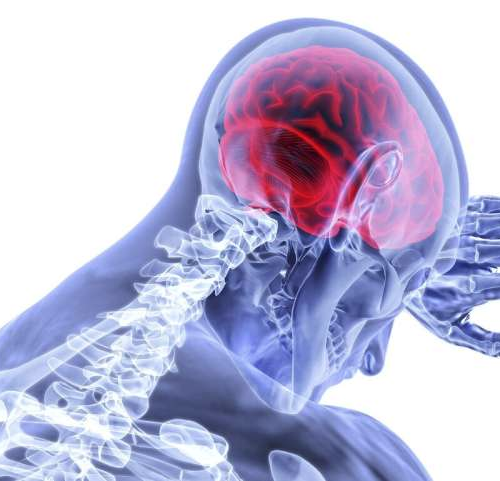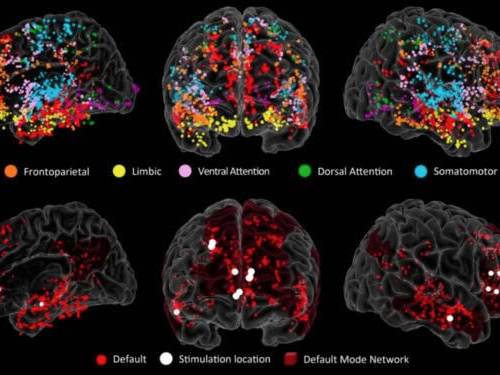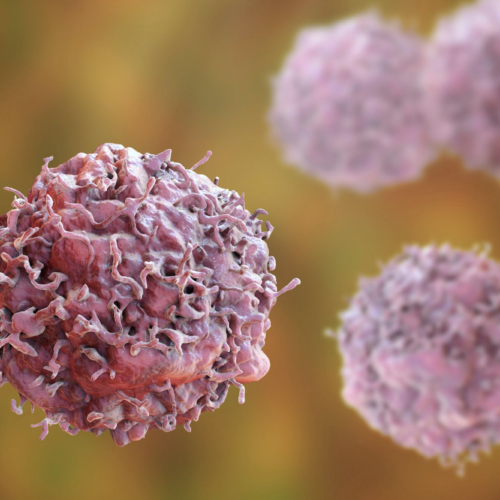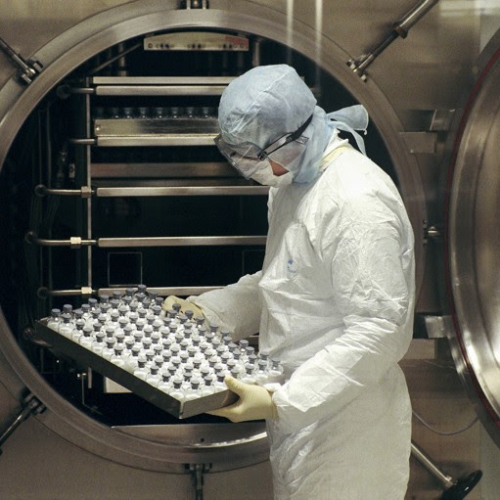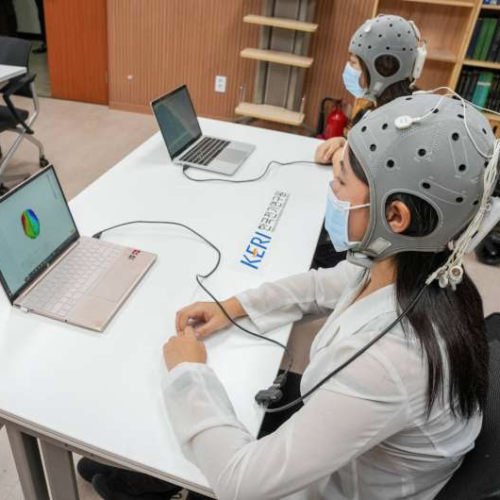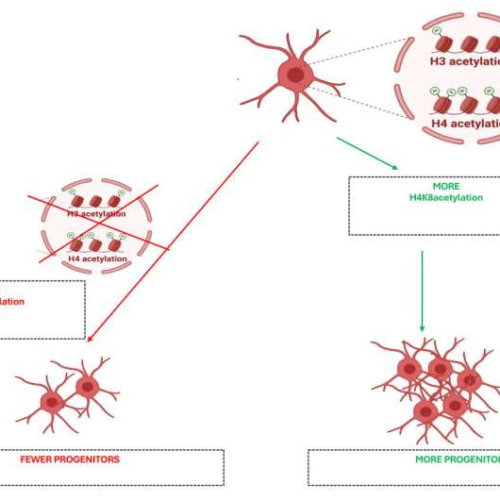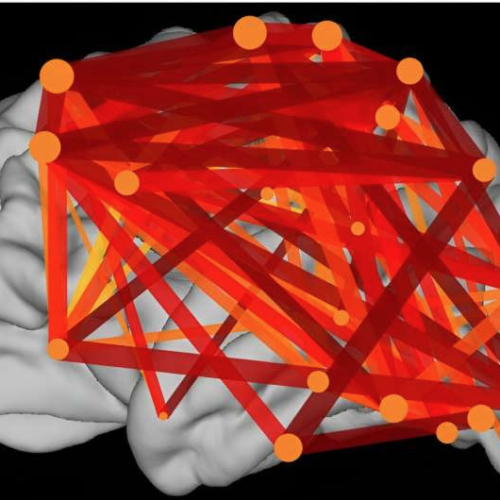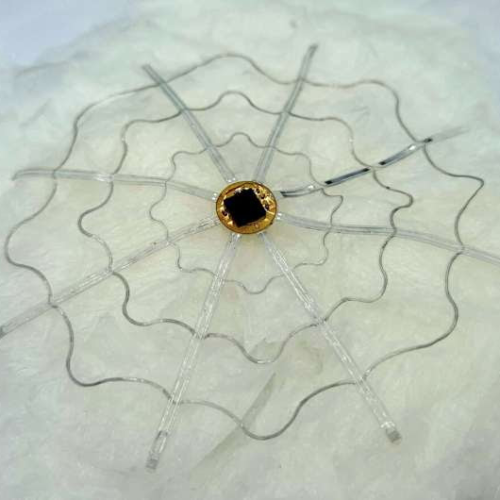August 12, 2024 by Uppsala University Credit: CC0 Public Domain Researchers at Uppsala University Hospital and Uppsala University have demonstrated that a simple blood test that reflects brain health can predict which people are most at risk of suffering a stroke. The discovery could contribute to more individualized treatment of patients with atrial fibrillation. The...
Neuroscientists identify brain network critical for creative idea generation
by Eric W. Dolan August 11, 2024in Cognitive Science, Neuroimaging Electrodes at multiple brain regions reveal brain activity in real time. Colored dots show the locations of all of the electrodes across all patients, color-coded by brain region. Red dots in the lower images show the locations of the electrodes in the DMN. (Credit: Bartoli,...
Cancer deaths among men expected to rise 94 percent worldwide by 2050: Study
by Nathaniel Weixel – 08/12/24 1:23 PM ET Getty Images New research, published in the journal Cancer, showed the current sharp disparity in cancer mortality and cases among men is likely to increase without interventions.Cancer cases and deaths among men are projected to skyrocket by 2050, according to a new study, especially for those aged...
AI accurately diagnoses genetic condition from facial photographs
August 12, 2024 by Yale School of Medicine Credit: Pixabay/CC0 Public DomainA Yale School of Medicine team reports in a new study that an artificial intelligence (AI) model was able to reliably diagnose people living with Marfan syndrome from a simple facial photograph. Marfan syndrome is a genetic disorder, affecting about 1 in 3,000 people,...
Blood test uses ‘protein clock’ to predict risk of Alzheimer’s and other diseases
NEWS09 August 2024 The clock is effective in people with a range of genetic backgrounds. By Julian Nowogrodzki Analysis of more than 200 protein in blood provides clues to risk of death and more than a dozen chronic diseases associated with ageing.Credit: Vo Trung Dung/Look At Sciences/Science Photo Library An age ‘clock’ based on some...
An appetizer can stimulate immune cells’ appetite, a boon for cancer treatments
News Release 12-Aug-2024 Macrophages exposed to low levels of ‘eat me’ antibodies consume more later Peer-Reviewed PublicationUniversity of California – Santa Barbara (Santa Barbara, Calif.) — The body has a veritable army constantly on guard to keep us safe from microscopic threats from infections to cancer. Chief among this force is the macrophage, a white...
Brain electrical stimulation suppresses appetite: A new obesity treatment?
August 12, 2024 by National Research Council of Science and Technology Research on the therapy to induce appetite suppression is being conducted at Seoul National University Hospital with Korea Electrotechnolgy Research Institute (KERI). Credit: Korea Electrotechnology Research Institute (KERI) The R&D on neuromodulation technology for the treatment and management of metabolic syndrome by a team...
Study reveals unique histone tag in oligodendrocyte progenitor cells, opening doors for advanced myelin repair therapies
August 12, 2024 by CUNY Advanced Science Research Center The stem-like cells called oligodendrocyte progenitors (red) in the adult brain are characterized by abundant histone H4 acetylation tags (green text) that regulate their proliferation and affect the size of the progenitor pool available for myelin repair. When acetylation is blocked (red text), fewer cells are...
State-of-the-art brain recordings reveal how neurons resonate
August 12, 2024 by University of California – San Diego The lines on this diagram of the brain represent connections between various areas of the cerebral cortex involved in language processing. When we read, the neurons in these areas fire in precise synchronicity, a phenomenon known as “co-rippling.” Credit: UC San Diego Health SciencesFor decades,...
Biodegradable electronic tent technology offers less invasive brain disease diagnosis
August 12, 2024 by Seoul National University College of Engineering The electronic tent smoothly attached along the curved surface of brain-mimicking tissue (1% agarose gel). Credit: Seoul National University College of EngineeringA team from The College of Engineering at Seoul National University has developed a biodegradable electronic tent technology that enables brain disease diagnosis using...

